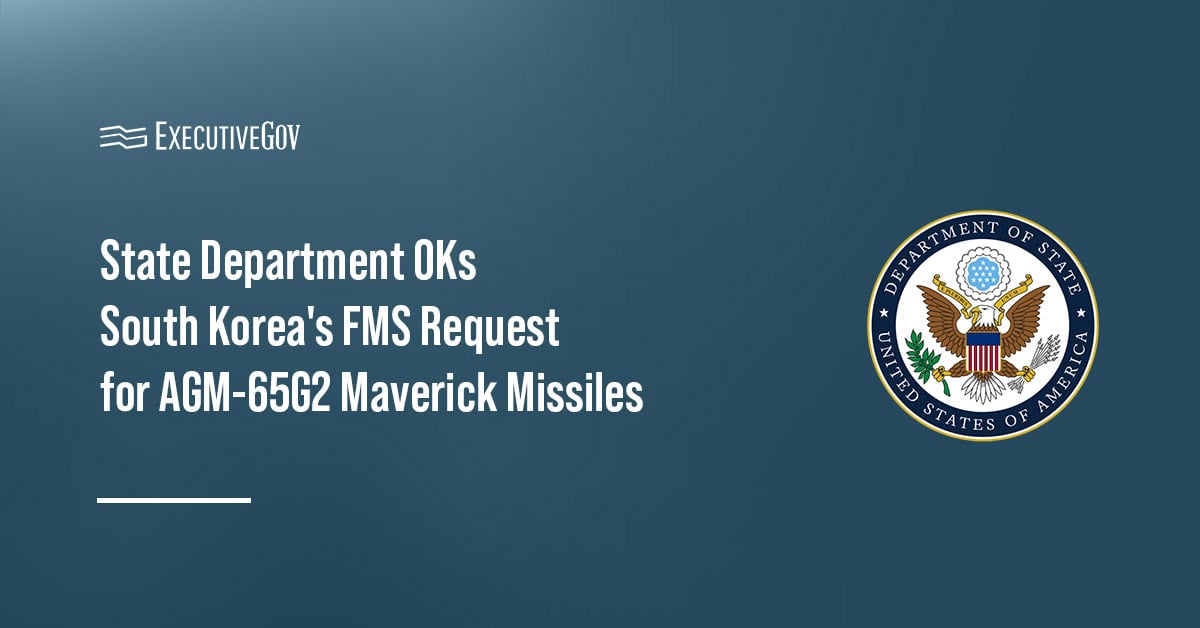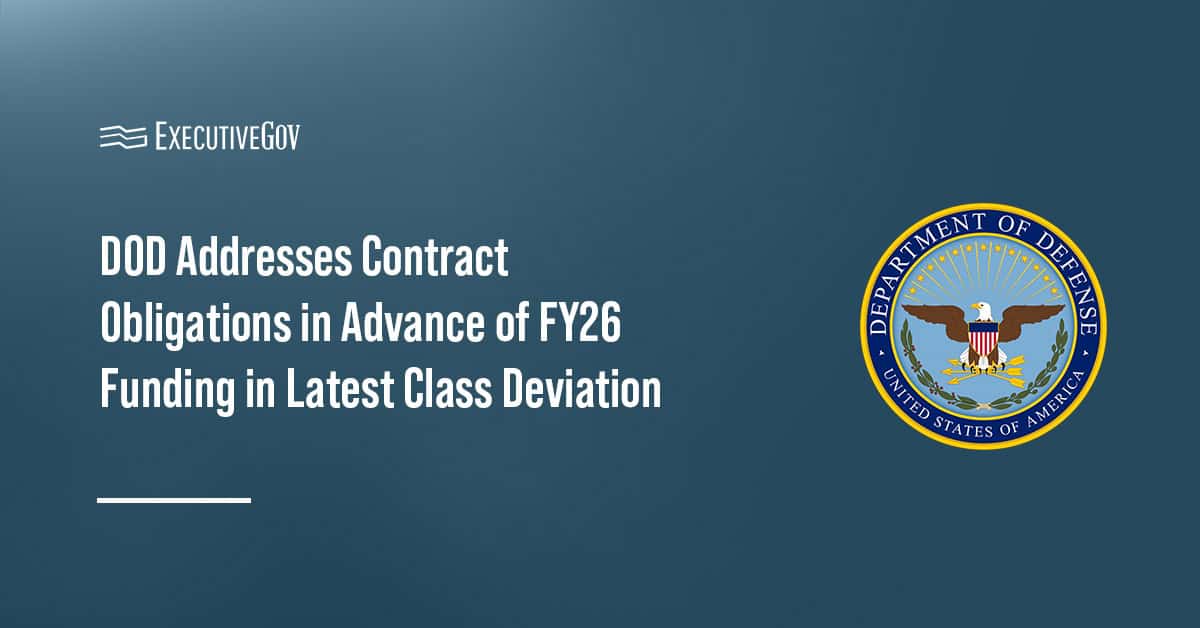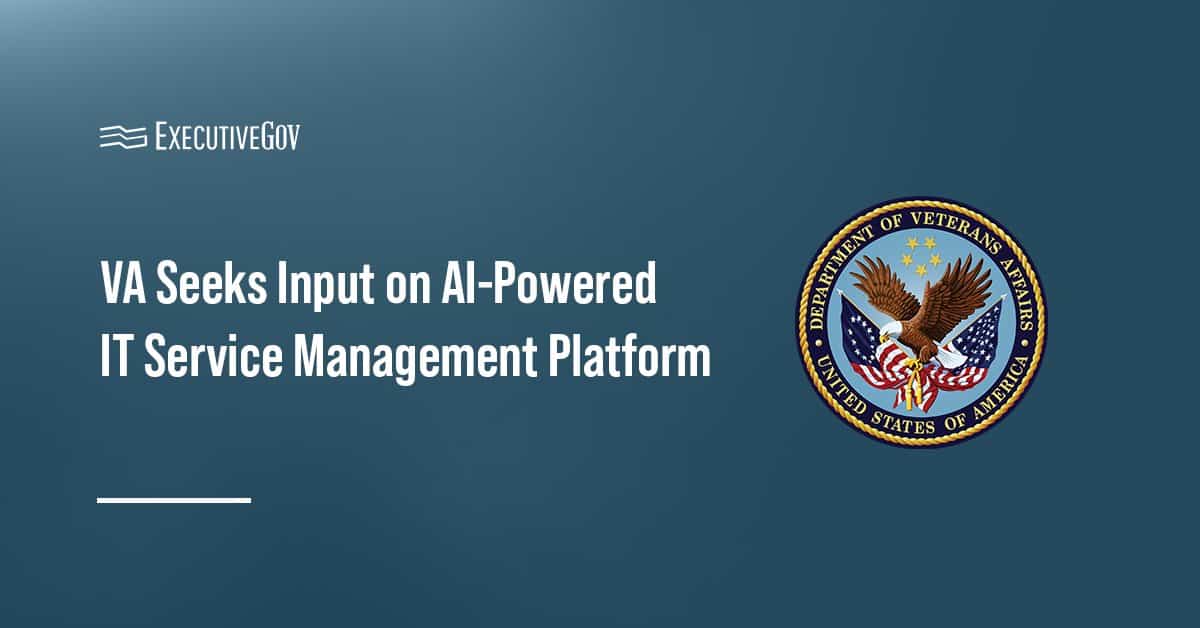Bechtel has completed the ten-year master planning and construction partnership with the Government of Gabon, which has developed key sustainable infrastructure projects to advance the economy, the company announced on Thursday.
“From the very start, we planned to employ and procure locally and build in a way that protects resources and biodiversity. Where there were skills gaps, we supported local people and supply chains to develop home-grown content. We are incredibly proud to hand over the infrastructure masterplan to a new generation of talented Gabonese engineers, project managers and construction professionals,” Bogdan Sgarcitu, Bechtel’s project director in Gabon.
The partnership began when Bechtel was commissioned to deliver a pipeline of priority infrastructure projects to serve the nation’s approximately 2.1 million people. Over the ten-year period, the proportion of ANGTI staff working across housing, education, transport and energy, rose from approximately 55 percent to more than 90 percent.
Bechtel’s efforts have provided Gabon with access to better healthcare, schools and education facilities, affordable energy and digital connectivity.
“The highest authorities of Gabon… have been impressed by Bechtel’s undivided attention to implementing the masterplan, which has delivered great benefits for the people of Gabon. These include strengthening the capacity of the Gabonese project workers; helping us accelerate and deliver our Head of State’s priority large infrastructure projects…” said Gabon’s Minister for Infrastructure, Leon Armel BOUNDA BALONZI.
About Bechtel
Bechtel is a trusted engineering, construction and project management partner to industry and government. Differentiated by the quality of our people and our relentless drive to deliver the most successful outcomes, we align our capabilities to our customers’ objectives to create a lasting positive impact.
Since 1898, we have helped customers complete more than 25,000 projects in 160 countries on all seven continents that have created jobs, grown economies, improved the resiliency of the world’s infrastructure, increased access to energy, resources, and vital services, and made the world a safer, cleaner place.





